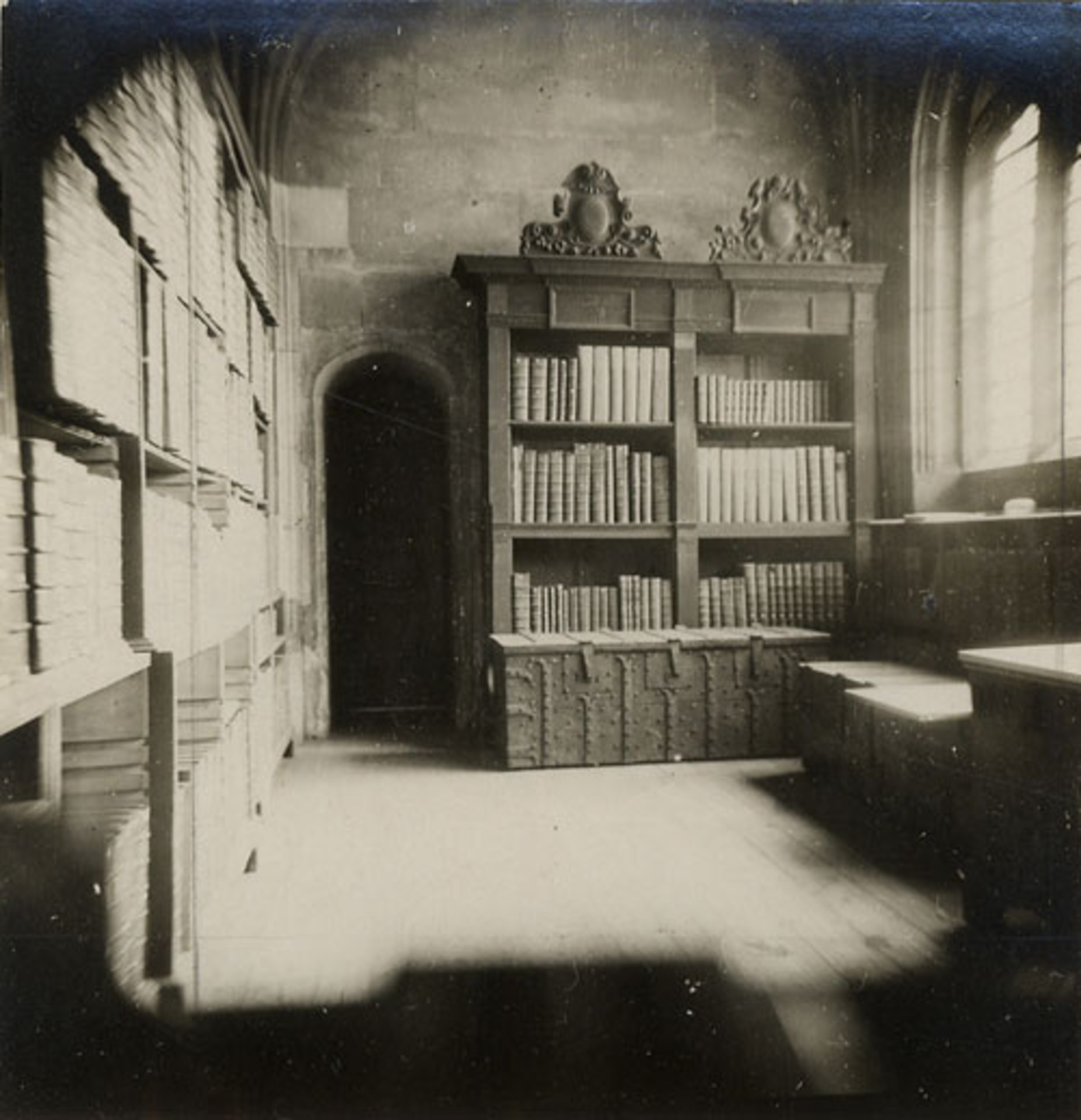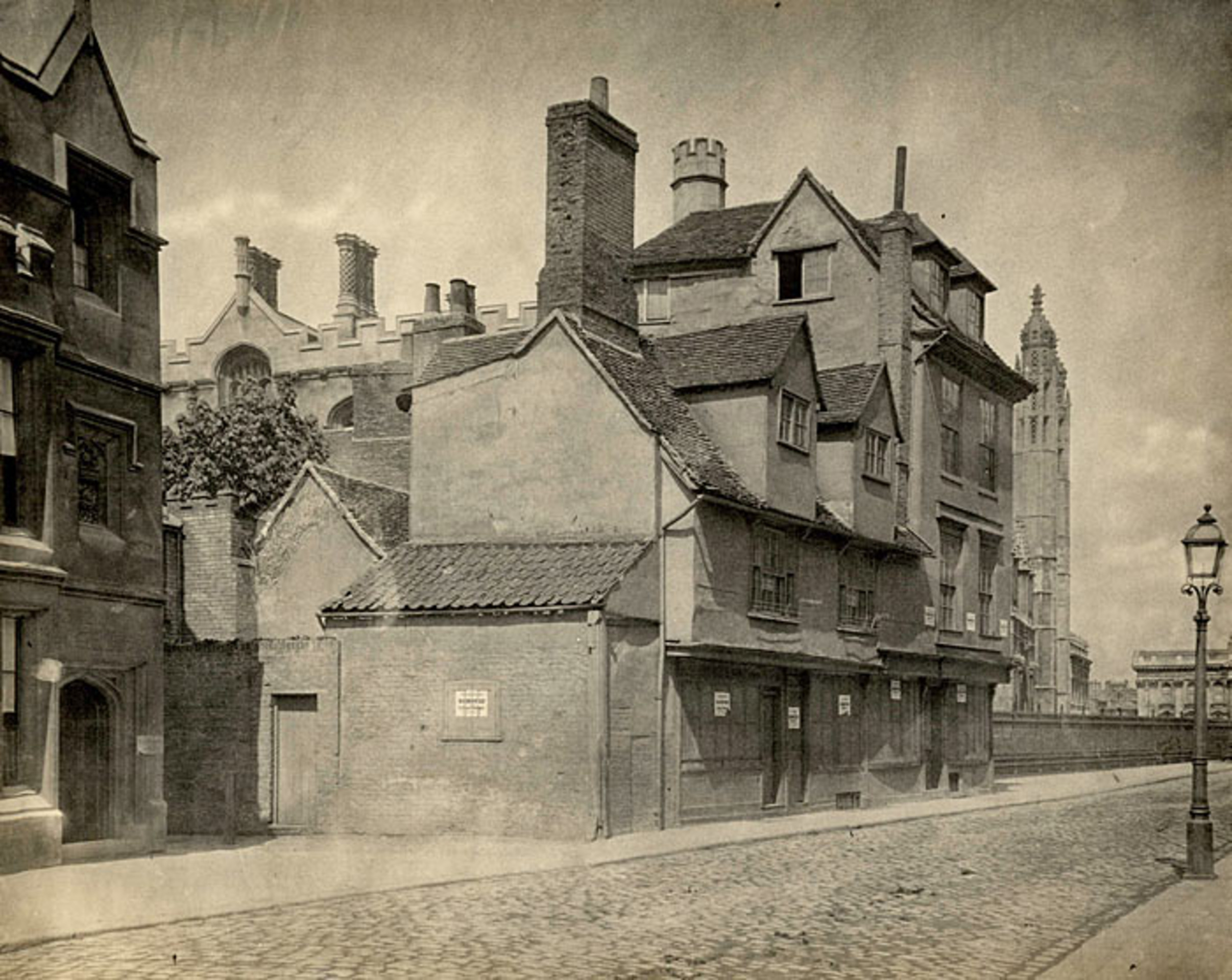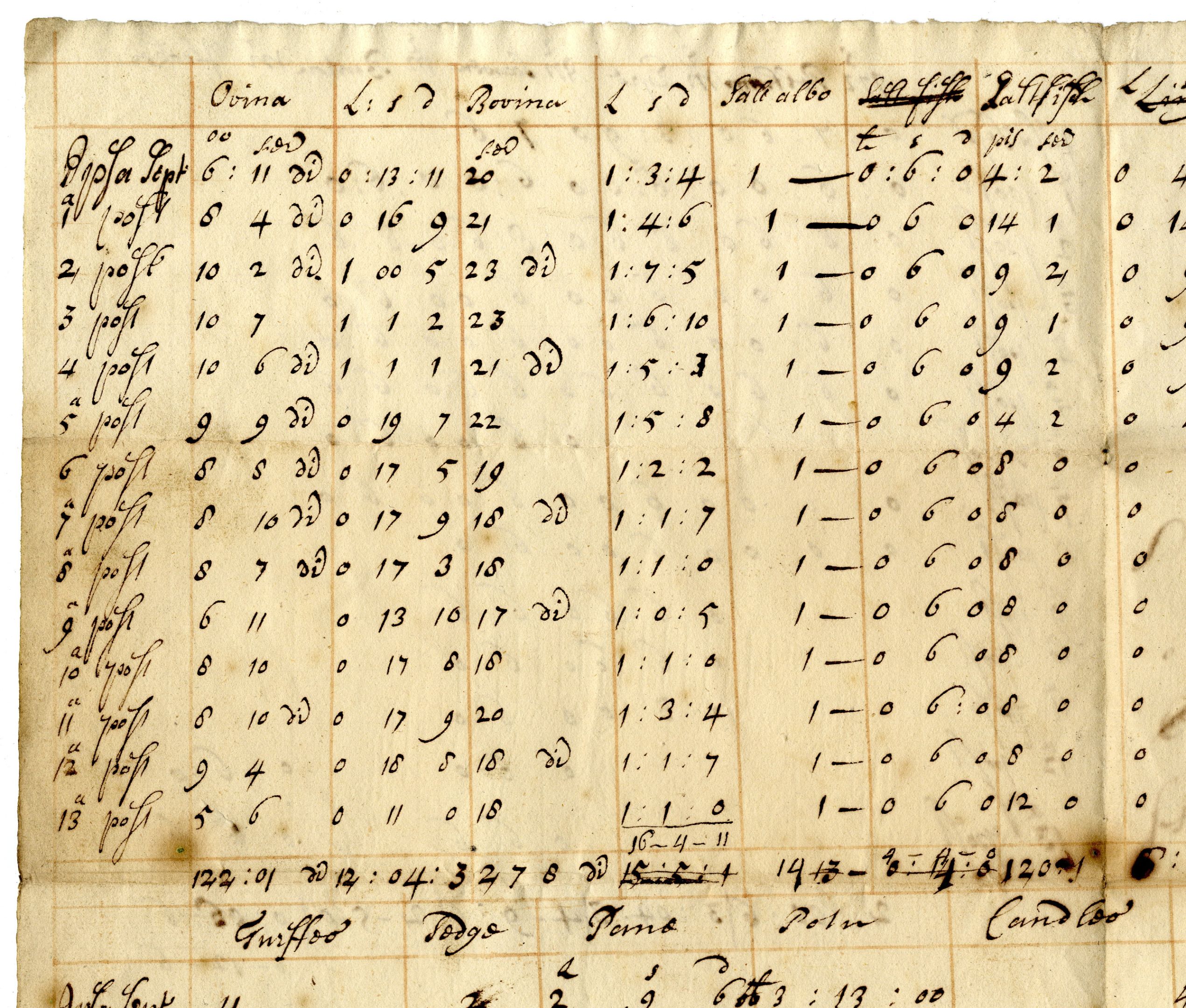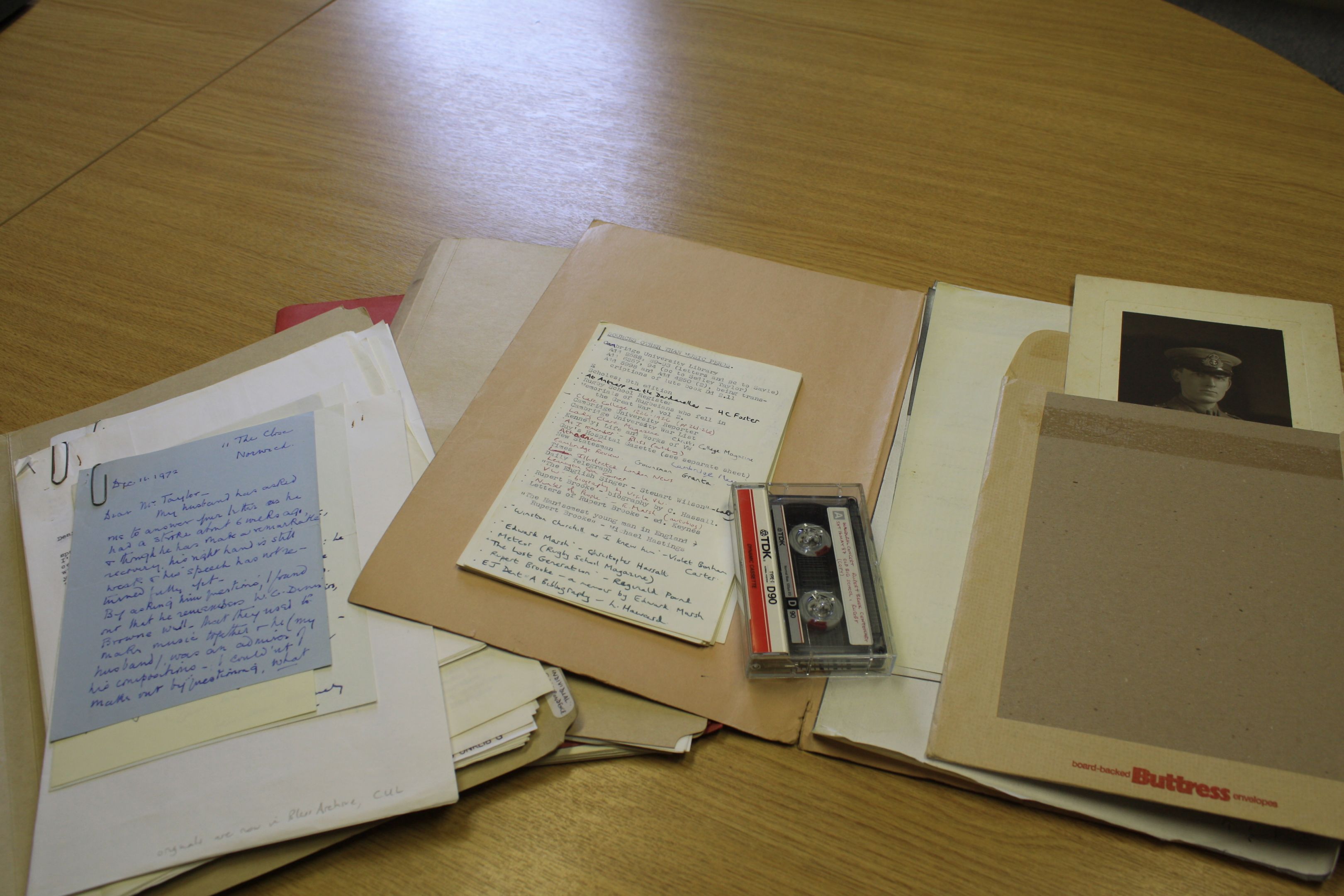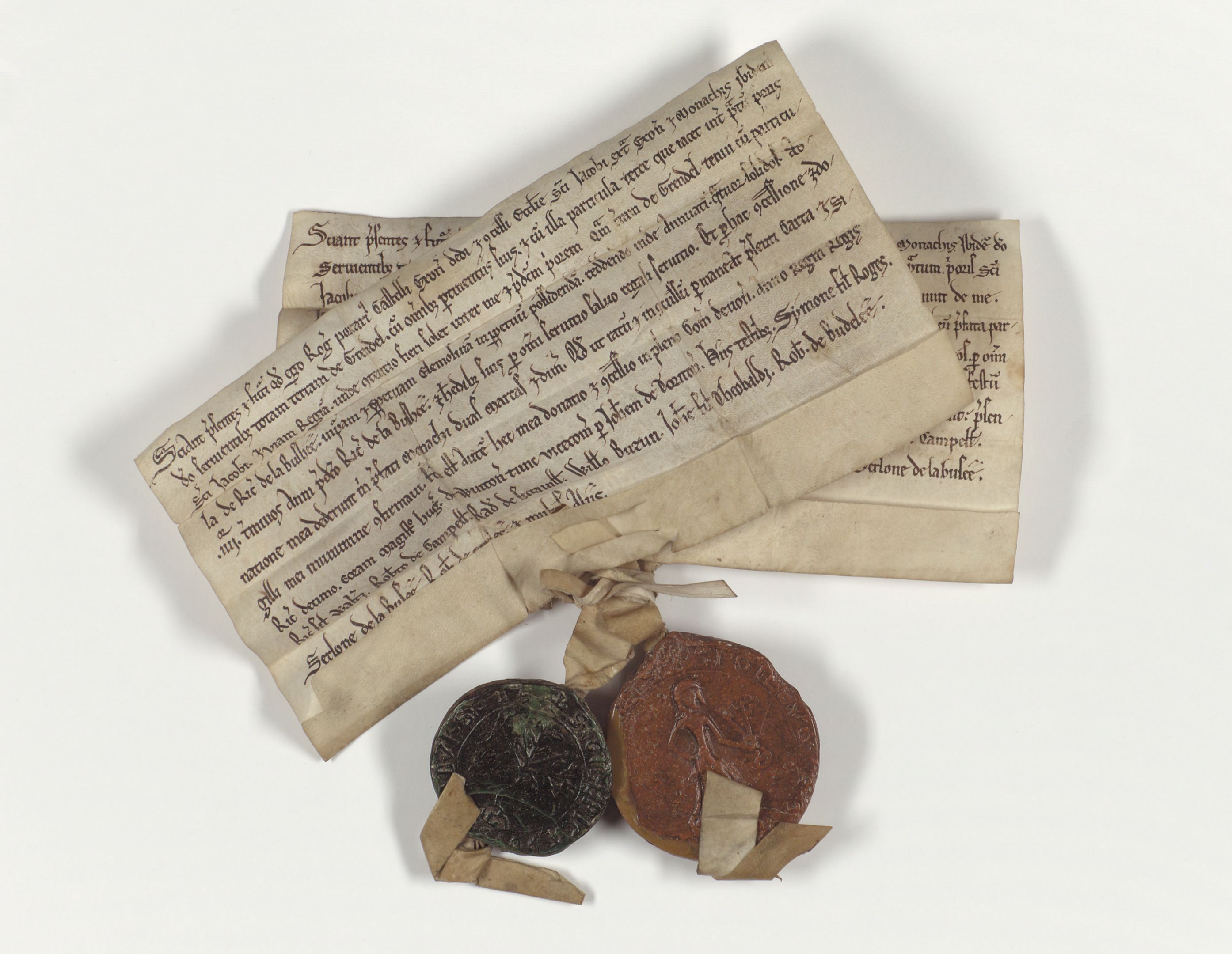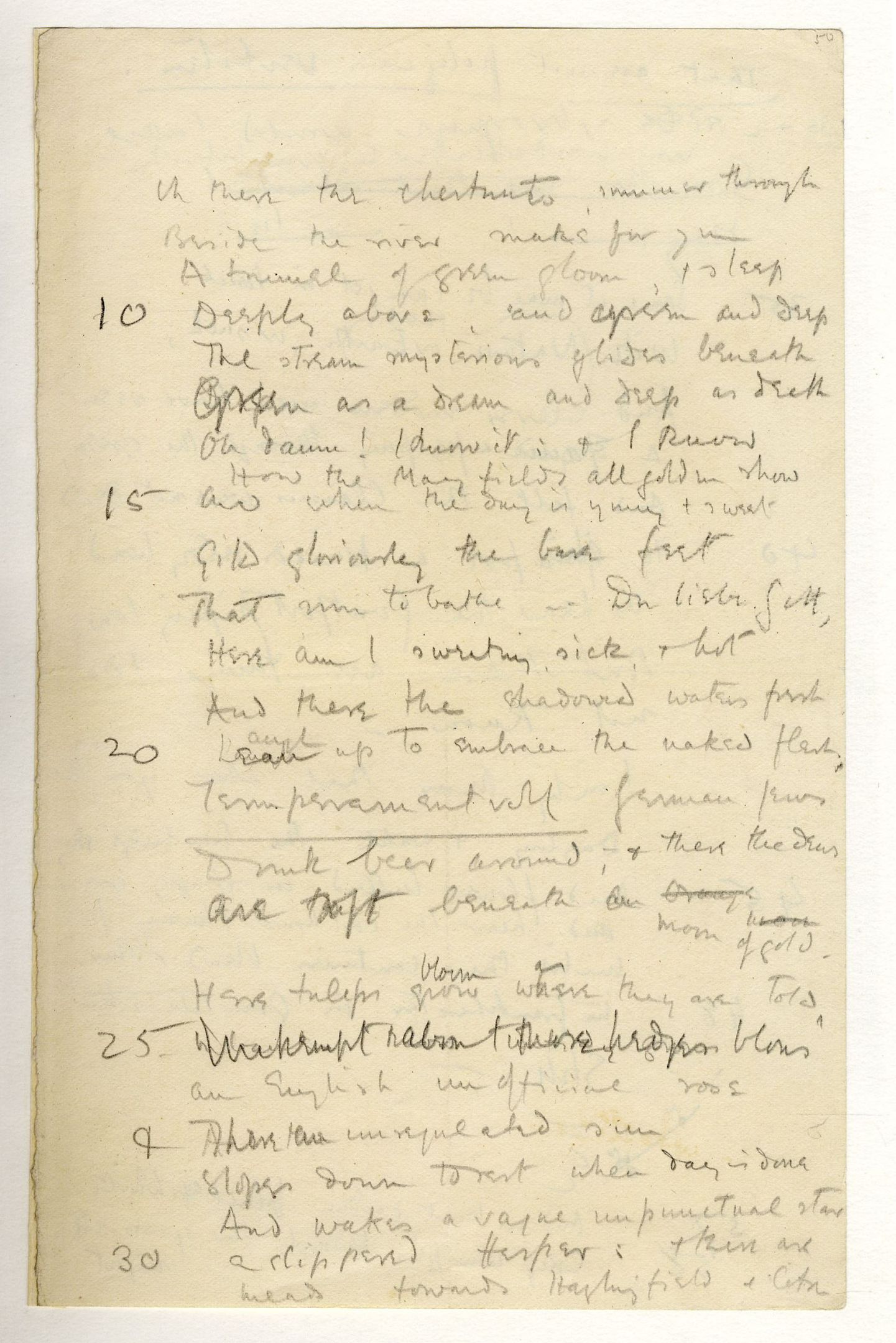Student Guide to the Archives

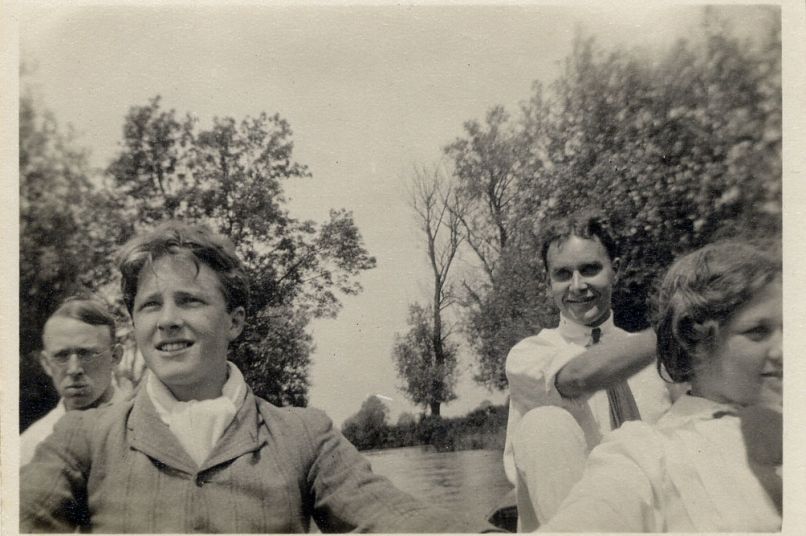
Using primary sources can be highly rewarding and offers exciting opportunities for research but it requires a different set of skills to using secondary sources. This beginner’s guide to archives is intended for A-level students, as well as bright and motivated GCSE students. It can be used in the classroom or at home. Although it has been designed primarily for students of History and English, no prior knowledge is assumed.
The aims of this guide are:
- to teach young people the fundamentals of archival research, and
- to enable them to carry out such research independently.
Jump to another section
Rupert Brooke Case Study
Here you'll find examples of how you might use archives to approach a research topic, using the papers of Rupert Brooke as an example.
Useful Resources
Using this Resource
Although sections can be carried out individually, if students progress through the sections in order they will gain a deeper understanding of the importance of context when using archives.
There are activities and points for discussion throughout. If you are using this site as an individual, rather than in a group, you may still like to reflect on the points offered for discussion.
If you have any questions or comments on this website please feel free to contact the archivist.
Rupert Brooke is one of the most fascinating figures of the Edwardian period, a man who in his afterlife has been almost continuously mythologised and de-mythologised. This website is the ideal introduction to his work, life and times, and will be invaluable to students and scholars as well as general readers.
- Andrew Motion (Rupert Brooke Trustee and former Poet Laureate)



